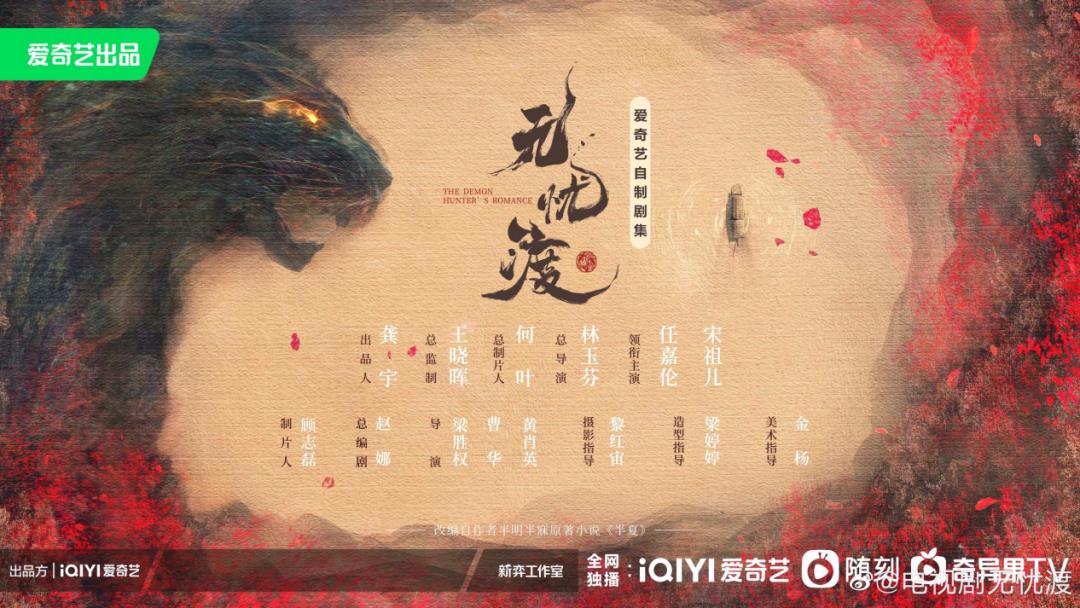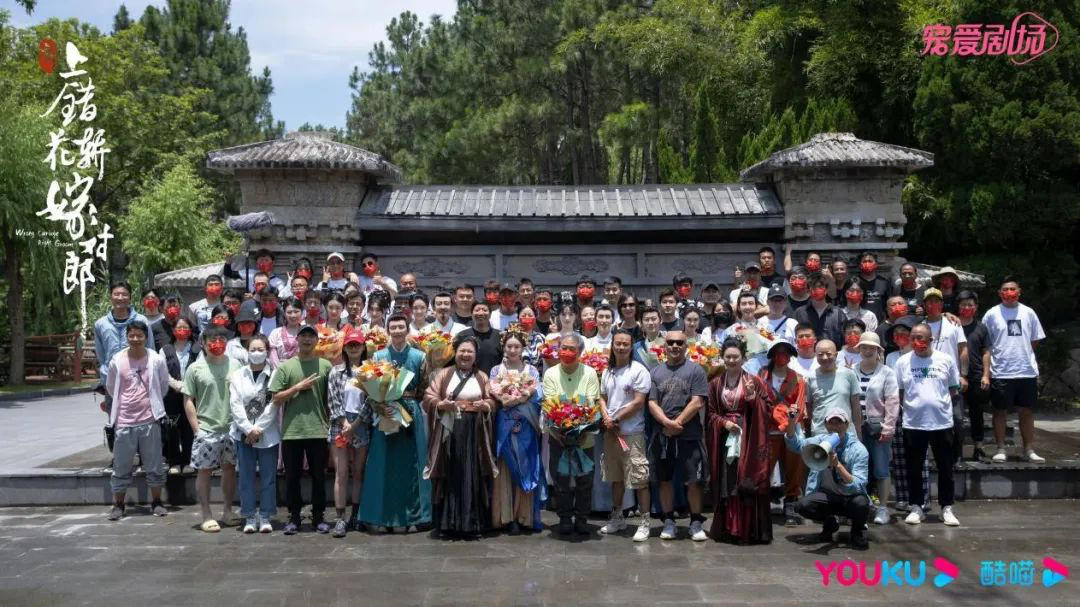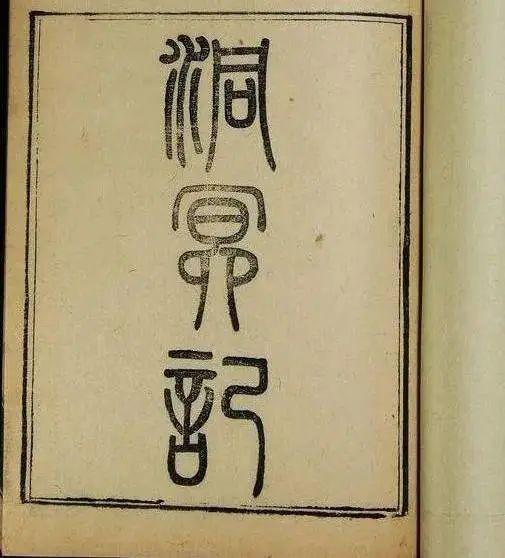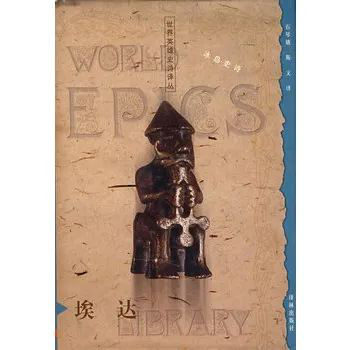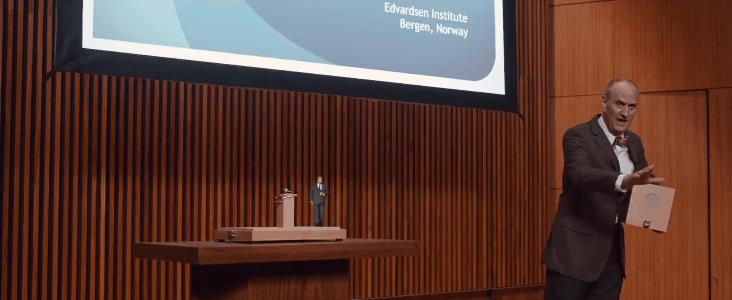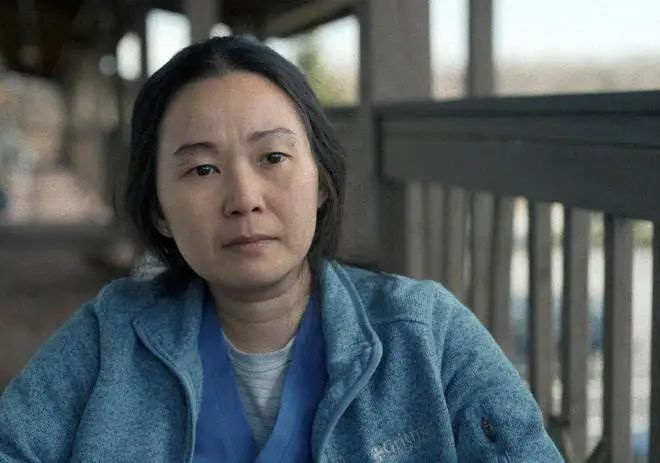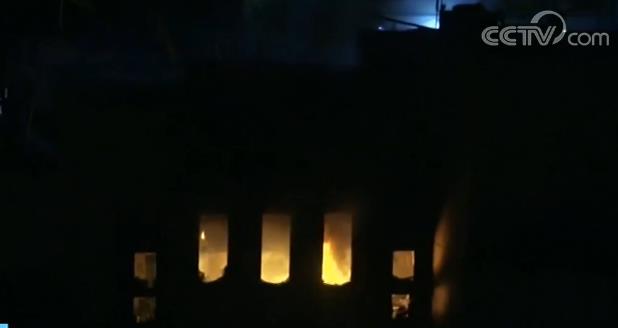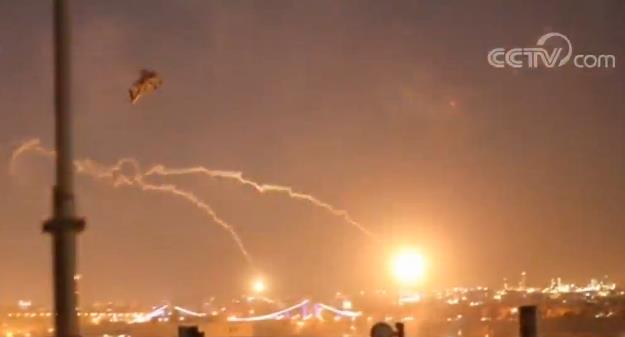Experts on global connection: forcing the international community to obey American hegemony is doomed to a dead end
Xinhua News Agency, Beijing, December 8-Richard Falk, honorary professor of international law and practice at Princeton University in the United States, said in an exclusive interview with Xinhua News Agency a few days ago that the United States failed in the past wars, but did not learn the lesson.
The American government has evolved into a "militarised state bureaucracy", blindly pursuing a national strategy based on military strength and covering up American hegemony with words such as "rules-based international order". In contrast, China’s peaceful development shows the superiority of a non-coercive and win-win foreign policy.
Falk is an international jurist and former national legal expert of the United Nations. He visited Vietnam in the war in his early years, and that personal experience made him deeply doubt the legitimacy and legitimacy of American overseas wars.
He said: "I have traveled to Hanoi, contacted the high-level authorities and witnessed the tragedy of the (American) high-tech war machine exerting its arrogance on an agricultural society, while Vietnam just wants to achieve independence. This experience has subverted my cognition. "

On April 7, 2017, in the Mediterranean, a US Navy ship launched a Tomahawk missile. Xinhua News Agency (Photo courtesy of the US Navy)
In Falk’s view, the United States still failed to learn the lessons of the Vietnam War, but kept stumbling over the same mistake. He said: "Although the United States has absolute military superiority, it still failed in Vietnam. Later, it still did not learn the lesson and did not realize that military intervention was not an effective geopolitical policy."
Falk said that the American war in the Middle East has increasingly exposed its "military intervention — — Subvert the regime — — Long-term occupation — — The absurd nature of the routine script of "supporting political power"
The former UN expert pointed out that the unrealistic expectation of the American political class to have military superiority and use it to intimidate geopolitical opponents is no longer in line with the general trend of the world.
He said: "Facts have proved that the United States has shown a belligerent posture for a long time after World War II, which has caused its foreign policy to rely too much on force. The United States has gradually become a highly militarised national bureaucracy, and even in peacetime, it retains a high military budget, causing the United States to continue to exaggerate security threats and lie that military means are sufficient to meet the challenges of foreign policy. "
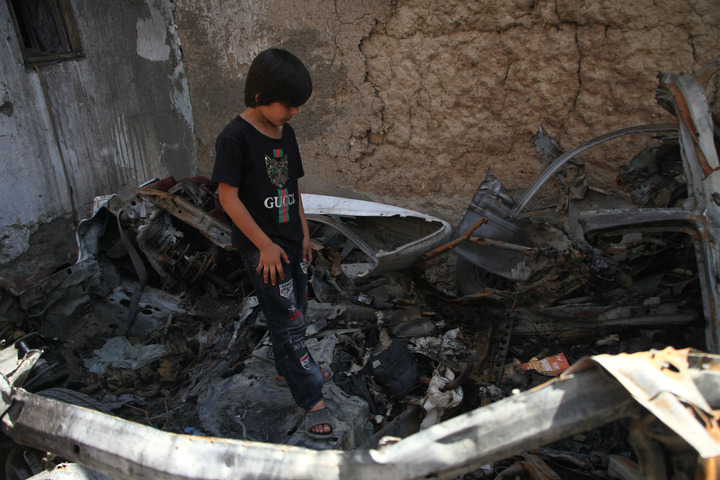
On September 18, relatives of the victims stood on the wreckage of a car in Kabul, Afghanistan, which was attacked by a U.S. drone on August 29. Xinhua News Agency (photo by Sevrahman Safi)
"The American political class blindly follows the paradigm of political realism, that is, it expects to intimidate geopolitical opponents by virtue of its own military superiority. However, the history of the late 20th century and 21st century shows that ‘ Soft power ’ Has begun to dominate world history. Hard power (military power) can still be destroyed, but it is no longer possible to dominate the political direction. "
Falk also added that military intervention and military power projection have long been outdated and lost their effectiveness. However, even if these means are destined to lead to political mistakes, they continue to be favored by American arms industry, private military and security companies.
The American authorities advocate "rules-based international order" in foreign policy. In this regard, Falk pointed out that similar remarks "absolutely do not mean that the United States will respect international law, but mean that other countries will be forced to abide by the will of the United States and the rules specified by the United States. The United States itself has let go of its geopolitical ambitions, ignoring the framework set by international law and the UN Charter. "
In his view, the so-called "forced labor" and "genocide" charges of the United States against China are typical cases. This expert in international human rights law believes that the United States selectively uses human rights issues to incite anti-China sentiment and regards human rights as a tool for political propaganda.
Falk believes that under the elaborate disguise of "defending the rules-based international order", the US authorities "intensified the confrontation of the US policy toward China". He also condemned the world outlook behind this foreign policy as "the legacy of the Cold War era, and regarded (military) alliance and geopolitical confrontation as the primary task of defending western security." He believes that "this geopolitical confrontational stance, coupled with the already high military budget, has caused the decline of the status of the United States as a big country, making it impossible for the United States to ensure its own infrastructure and social protection for its own people."
In Falk’s view, China’s more peaceful rise shows the superiority and mutual benefit of "soft power world outlook and strategy", while the United States has intensified its confrontational attitude towards China instead of learning from it and changing its course, hoping to safeguard its global hegemony.
Falk warned that there was a dangerous impulse within the American political class and advocated the "necessity" and urgency of the war against China. He said that such a serious misjudgment is the result of their blind belief in military strength and the hegemonic position of the United States in the world. (Reporter: Chen Junxia, Chi Xu; Clip: Shen Haoyang, Li Wei; Editor: Liu Yang, Tang Zhiqiang)
Produced by Xinhua News Agency International Department
Produced by Xinhua News Agency’s International Communication Integration Platform





